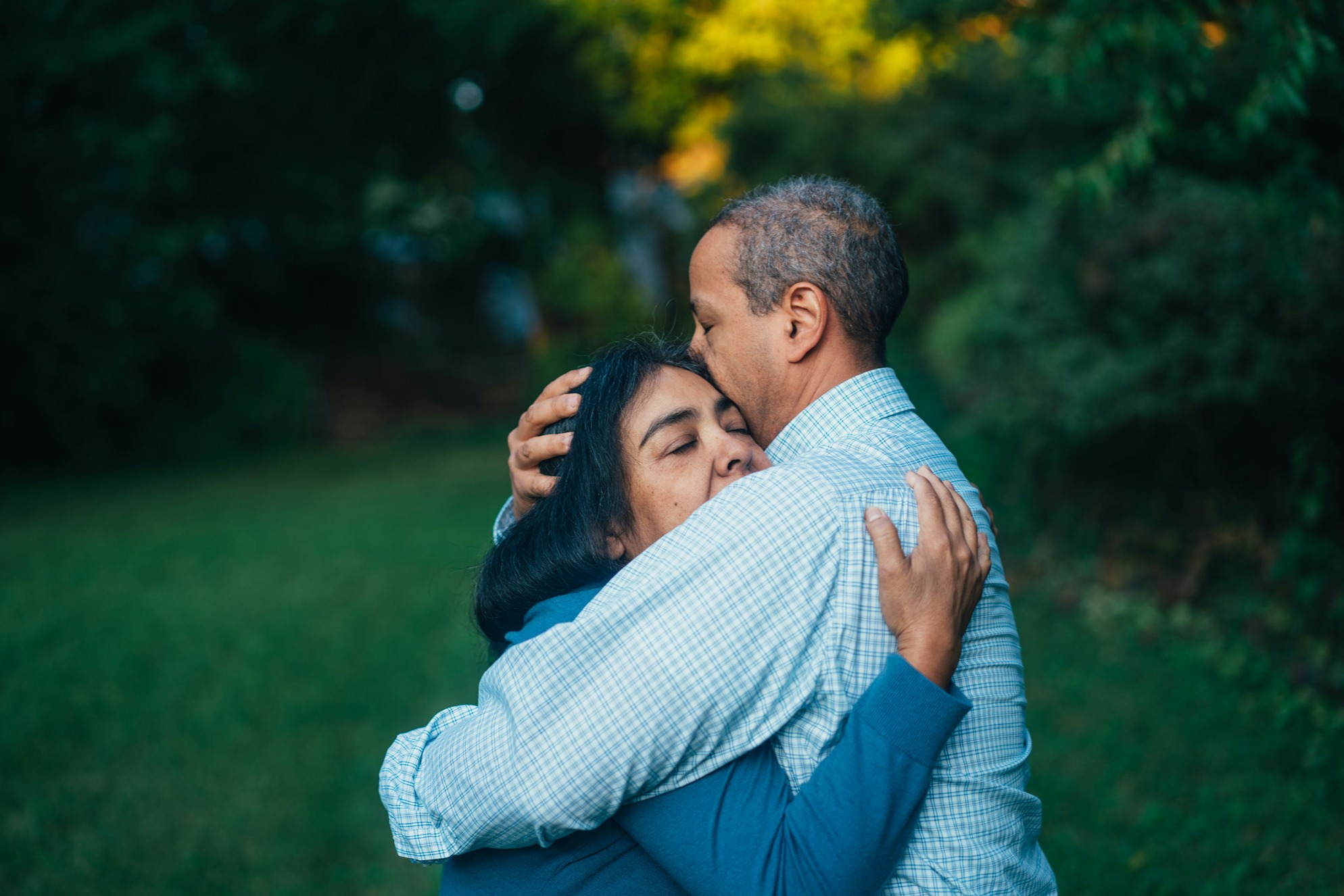Grief and loss are deeply personal experiences that can affect every aspect of a person’s life. While everyone processes loss differently, prolonged or overwhelming grief may require additional support to foster healing. Therapists will sometimes use Cognitive Behavioral Therapy (CBT) to address the challenges of grief and loss. But how does CBT for grief and loss work, and why is it helpful in this context? Let’s explore.
What Is CBT Therapy for Grief and Loss?
Cognitive Behavioral Therapy (CBT) is a structured form of psychotherapy that focuses on the connection between thoughts, feelings, and behaviors. When applied to grief and loss, CBT helps individuals identify and challenge unhelpful thought patterns, develop healthier coping mechanisms, and rebuild their lives while honoring the memory of their loss.
How Does CBT Work for Grief and Loss?
CBT for grief and loss operates on the principle that our thoughts significantly influence our emotions and actions. By addressing negative or distorted thoughts, individuals can achieve emotional relief and develop more adaptive behaviors. Here’s how the process typically unfolds:
- Identifying Maladaptive Thoughts
Grief can sometimes lead to unhelpful beliefs, such as self-blame (“It’s my fault they’re gone”) or catastrophic thinking (“I’ll never be happy again”). A CBT therapist helps clients recognize these patterns. - Challenging and Reframing Thoughts
Once unhelpful thoughts are identified, the therapist works with the individual to challenge their validity and replace them with balanced, constructive perspectives. For example, replacing “I should have done more” with “I did the best I could given the circumstances.” - Addressing Avoidance Behaviors
Grief can sometimes lead to avoidance behaviors, such as withdrawing from social interactions or avoiding reminders of the loss. CBT encourages gradual exposure to these triggers in a safe and supportive environment, helping individuals process their emotions more effectively. - Developing Coping Strategies
CBT equips individuals with practical tools to manage their grief. Techniques like mindfulness, relaxation exercises, journaling, and scheduling enjoyable activities can help reduce emotional distress and improve overall well-being. - Setting Goals for Recovery
A critical aspect of CBT for grief and loss involves helping individuals set realistic, actionable goals. These might include rebuilding routines, re-engaging in social activities, or finding new ways to honor the lost relationship or situation.
Benefits of CBT for Grief and Loss
CBT therapy for grief and loss offers several key advantages:
- Structured Approach: The structured nature of CBT provides clarity and direction, which can be comforting during a time of emotional upheaval.
- Focus on Practical Solutions: CBT emphasizes actionable strategies to cope with grief, making it particularly effective for individuals who feel stuck.
- Evidence-Based: Research consistently supports the effectiveness of CBT in reducing symptoms of prolonged grief, depression, and anxiety.
- Tailored to Individual Needs: CBT can be adapted to address specific aspects of grief, such as guilt, anger, or fear of moving forward.
Who Can Benefit from CBT for Grief and Loss?
CBT is suitable for anyone experiencing difficulty coping with grief, including those who:
- Feel overwhelmed by the intensity of their emotions
- Experience prolonged or complicated grief
- Struggle with negative thought patterns, such as self-blame or hopelessness
- Avoid situations or memories associated with the loss
- Want to rebuild their lives but don’t know where to start
How to Get Started with CBT Therapy for Grief and Loss
If you’re considering CBT for grief and loss, the first step is finding a qualified therapist experienced in this approach. Many therapists offer in-person and online sessions, providing flexibility to fit your needs. During your initial consultation, the therapist will discuss your goals and develop a tailored plan to address your unique situation.
CBT therapy for grief and loss empowers individuals to navigate their grief, rebuild their lives, and find hope for the future. If you’re struggling to move forward, reaching out for professional support could be the first step toward healing.
Please contact us if you’d like to learn more about therapy for grief and loss.







